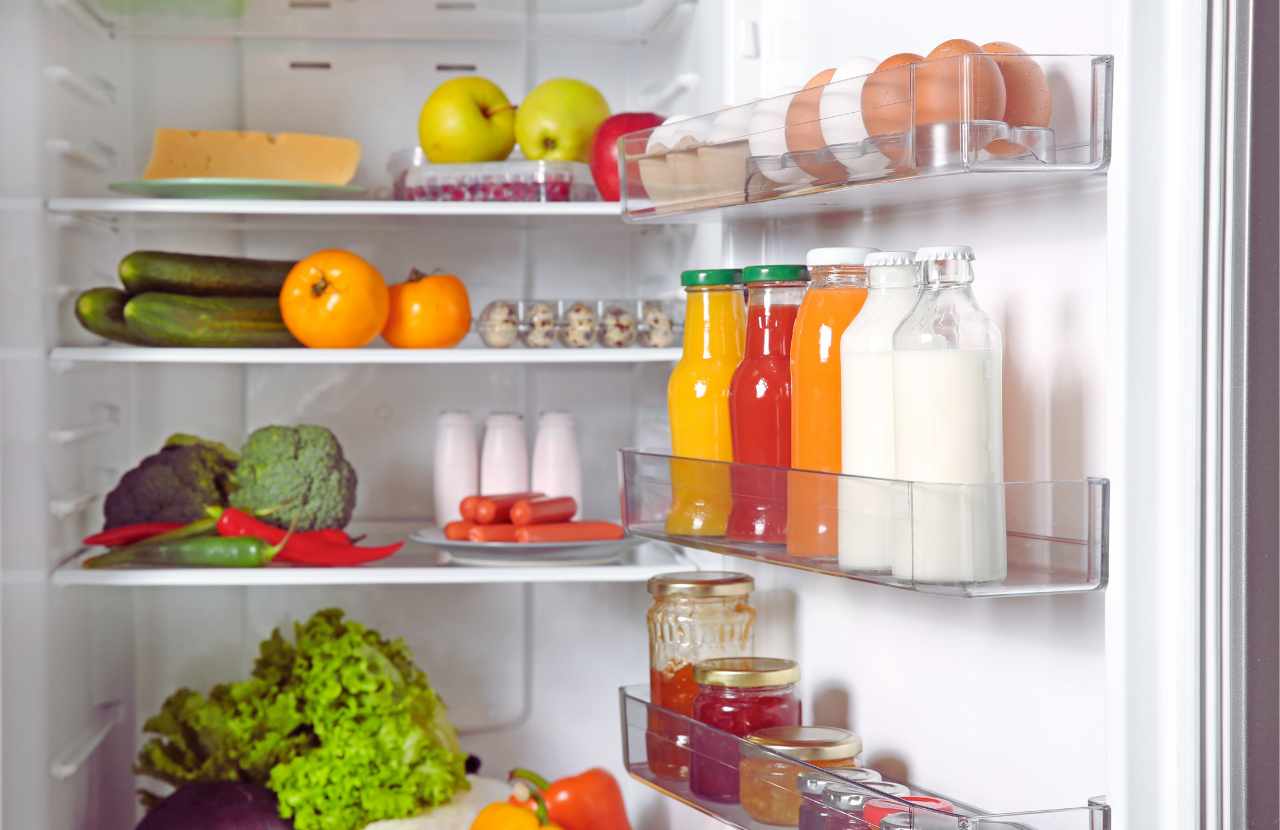The food in your fridge tastes like chemicals because it may be contaminated or spoiled due to improper storage or expired products. This can happen when certain foods release odours or absorb smells from other items in the refrigerator, resulting in a chemical or off-putting taste.
Understanding The Issue
Many people have experienced a common complaint of their fridge food tasting like chemicals. This unpleasant taste can ruin the enjoyment of meals and lead to concerns about food safety and quality.
Common complaints about chemical tastes in fridge food
Consumers often wonder what is causing this strange flavour in their food. The taste of chemicals can be described as bitter, metallic, or even slightly sweet. Some individuals find that the taste becomes more pronounced when certain foods, such as fruits or dairy products, are stored in the fridge.
Potential causes of chemical flavours in food
Several factors could contribute to the chemical taste of fridge food. One common cause is the presence of chemical additives in processed foods. These additives often enhance flavour, extend shelf life, or preserve freshness. Another possible source of chemical flavours is contamination from cleaning products or other chemicals used in the refrigerator or kitchen environment.
Impact of chemical additives on taste
Chemical additives can alter the natural taste of food. Some additives have a strong flavour that can overpower other ingredients and create an artificial taste. Additionally, combining different additives in processed foods can produce a chemical aftertaste. It’s important for consumers to be aware of the ingredients in their food and choose options with minimal chemical additives to preserve the natural flavours.
Why Does the Food in Your Fridge Taste Like Chemicals?
Have you ever opened your fridge, excited to grab a delicious snack or meal, only to be hit with a strong chemical smell? It’s a disheartening experience and one that many of us have encountered. The taste of chemicals in our food can result from several factors.
Improper Storage
The way food is stored in the fridge can impact its taste. Improperly sealed containers or packaging can allow the food to absorb odours and flavours from other items in the fridge, especially strong-smelling foods. Additionally, if certain foods are uncovered, they might absorb the chemical smells from cleaning agents or materials in the fridge.
Contaminated Fridge
Sometimes, spills or leaks from cleaning agents, detergents, or other chemical substances in the fridge can contaminate the food. Even if these substances are not directly in contact with the food, their odour can infiltrate the surrounding environment, affecting the taste of the food.
Expired or Spoiled Food
Check the expiration dates on the food items. Expired or spoiled food can develop a chemical taste or smell, indicating it’s no longer safe for consumption. Even if food hasn’t reached its expiration date, spoilage might have occurred due to improper storage conditions or other factors.
Refrigerator Odors
Over time, your fridge can develop its unique mix of odours. If it hasn’t been cleaned thoroughly or there’s a persistent spill or residue, the food can absorb these odours, altering its taste.
Transfer of Packaging Odors
Sometimes, the packaging might smell strongly, especially with plastic containers or wrappings. This smell can transfer to the food, giving it a chemical taste.
Chemical Reaction
Certain foods, especially those high in fat content, can undergo chemical reactions when stored for a long time. This can produce off-flavours or odours, giving the food a chemical taste.
Refrigerator Maintenance
If your refrigerator hasn’t been cleaned regularly, the accumulation of dirt, spills, or residue can contribute to odd tastes or smells in the food stored inside.
Minimizing Chemical Tastes In Fridge Food
Choosing fresh and organic produce is essential for eliminating chemical tastes in the food stored in your fridge. Opt for locally sourced fruits and vegetables as they are less likely to have been treated with pesticides or preservatives. Prioritize organic options, which are grown without the use of synthetic chemicals.
In addition to selecting the right produce, proper storage and handling techniques are crucial. Ensure your fridge is set to the correct temperature and that perishable items are stored promptly. Divide food into airtight containers to prevent cross-contamination and the absorption of unwanted odours and flavours. Consider alternatives to plastic containers, such as glass or stainless steel, to avoid chemicals leaching into your food.
Reading Labels
Always read labels to identify any artificial additives in the food products. Look for a list of ingredients and be wary of long, complex names that indicate the presence of artificial flavours, colours, or preservatives. Opt for products with natural alternatives and fewer chemicals.
Avoiding Artificial Additives
Choose whole foods whenever possible, as they are less likely to contain artificial additives. Cook meals from scratch to have full control over the ingredients used.
Final Words
Proper storage methods are key to avoiding that unpleasant chemical taste in your fridge’s food. Keep your fridge clean and organized, ensuring that strong-smelling items are well-sealed. Invest in airtight containers and store foods in their original packaging. Regularly check expiration dates and discard any expired or spoiled items.
By implementing these simple practices, you can enjoy the natural flavours of your food and maintain a healthier environment in your fridge.

